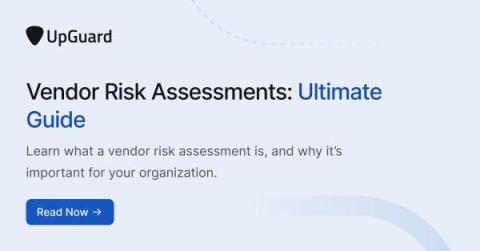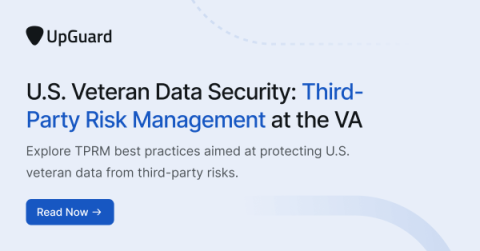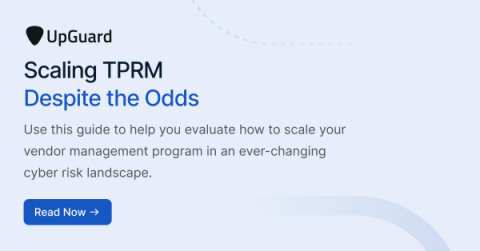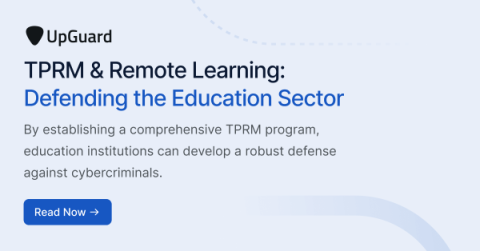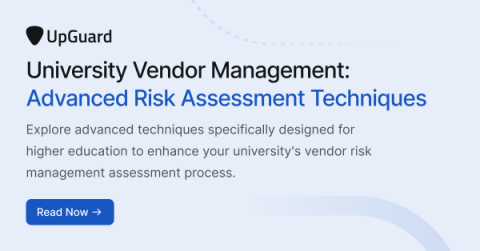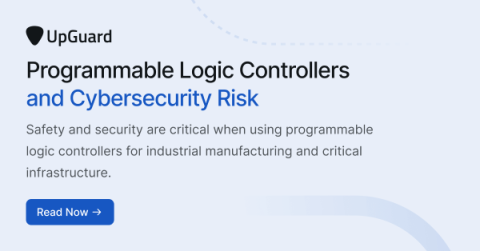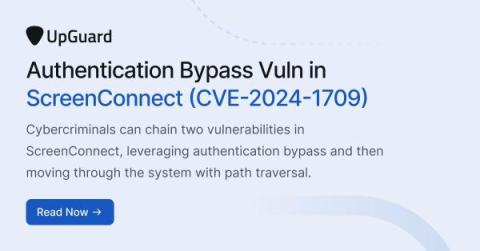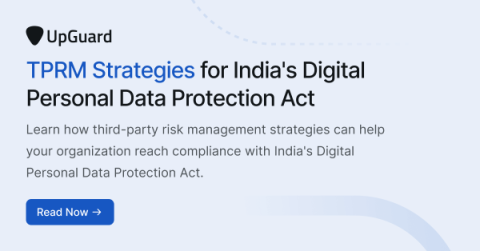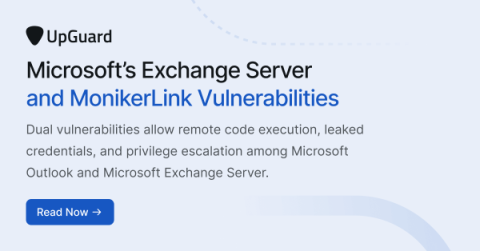Vendor Risk Assessments: Ultimate Guide
A vendor risk assessment is a critical element of performing due diligence, helping you vet potential vendors effectively and efficiently during the procurement process and throughout the vendor lifecycle. A thorough risk assessment should help you identify, mitigate, and manage the risks associated with your vendors to ensure you remain compliant, maintain a strong security posture, and avoid a costly third-party data breach.


